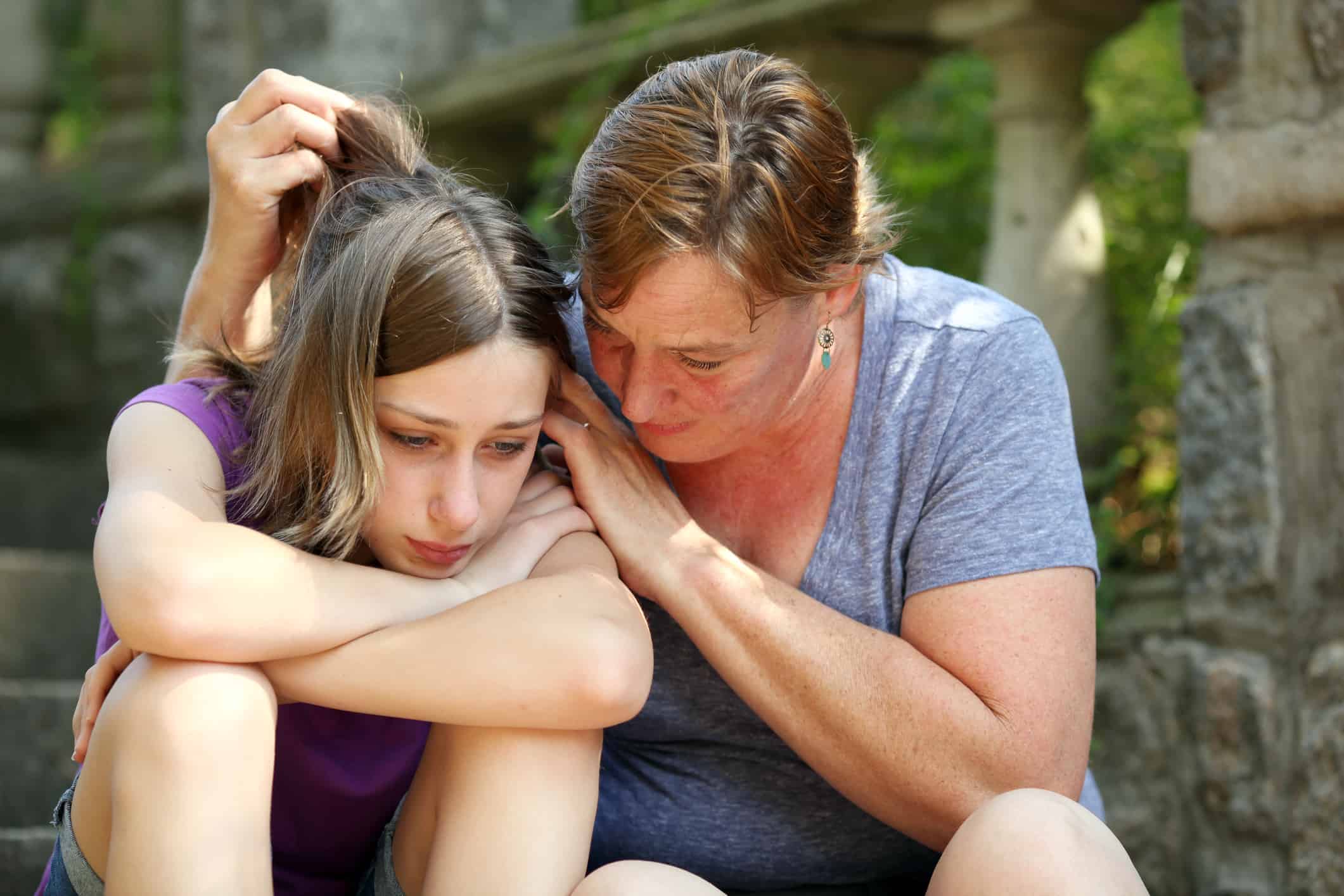Some years ago, at a retreat for adoptive moms, I asked the question: “What do you wish you would have known before you fostered or adopted?” I wasn’t surprised by the answers.
- I wish I had known that I could get so angry at a child I really loved.
- That this would expose my wounds and hurts.
- The impact this would have on my marriage and biological children.
Twenty-six women had an opportunity to share what they felt inside and had never verbalized to anyone. I asked three more questions.
Have you ever had regrets about fostering or adopting? All 26 women raised their hands.
How many of you would do this all over again? All 26 women raised their hands again.
“Why would you do this all over again? I asked and heard answers like:
- I have learned so much about myself and am a better parent.
- This whole experience transformed my family. We all are more compassionate.
- I know I can make it through hard times, as God helps me.
What were some of those things that these parents learned along the way that so transformed them and their families? They learned what it took to be a trauma-competent healing parent. What does that look like for foster and adoptive parents?
Five Characteristics in Becoming a Trauma Competent Healing Parent
1. A Trauma Competent Healing parent is one who understands the life-altering impact of trauma.
Early traumatic events change children at the core of their being. A healing parent understands that. As Dr. Bruce Perry states, “Children are wounded in the context of interpersonal relationships. Children can only be healed in the context of healthy, nurturing interpersonal relationships.” Wounded children can move from brokenness to wholeness with parents who will journey with them.
2. A Trauma Competent Parent is one who can view life through the lens of a wounded child.
Children experiencing early traumatic events look through a tarnished lens at the world around them, the adults in their lives, and even themselves. They look through a broken lens, shattered by the abuse and neglect that has stolen their innocence. Wounded children see the world as unsafe. They don’t see adults as safe people but as harmful people. They see themselves as damaged and unlovable. Life experiences have created those broken lenses. Although it would be painful for a parent to put on those broken lenses and see life as their child does, to be a healing parent, one needs to do just that and see life as their child sees it.
3 A Trauma Competent Parent is willing to set aside preconceived ideas of how to give care/parent.

They are eager to say, “I have parented before and been successful. But I know I am going to need to learn new ways of thinking, new methods, and new skills. I know that I will need to learn how to nurture this wounded child and provide enriching life experiences. I know I need a teachable mind and a heart willing to learn new ways of relating to a child.
4. A Trauma Competent Parent is one who knows he/she must learn to manage his/her emotional responses.
Parents loving and living with a child with a traumatic past know there will be challenges to them personally. They need to prepare for those challenges by learning to manage their emotional responses to a child’s behavior. When a parent enters his child’s world, he may bring his unresolved issues and pain from his past. Dr. Daniel Siegal, a renowned author, says that it is important that a parent develops a coherent narrative of his/her life story. That involves being willing to look at one’s history and do the healing work required to grow into an emotionally healthy parent.
A second part of learning to manage emotional responses is learning about mindfulness, being aware of one’s self, and how, as a parent, one responds to a child. Third, which is a challenge, is to learn the art of not taking things personally. When a child screams, “you are not my real parent,” that feels so hurtful. When a parent realizes that cry comes from a broken place, he learns to respond differently with compassion, nurture, and connection.
5. A Trauma Competent Parent is one who asks for help.
Asking for help sounds like a simple thought, but beneath it are many challenges for foster/ adoptive parents. Being willing to ask for help means a caregiver faces the reality that he/she doesn’t have all the answers. He or she must be open and vulnerable to others.
I could tell by the look on the faces of those twenty-six women and the laughter and freedom in the room, that they left the retreat differently than when they had come. They openly faced their own hurt, frustrations, and challenges and learned new ways to grow into a healthier trauma-competent parent for their wounded child.




















